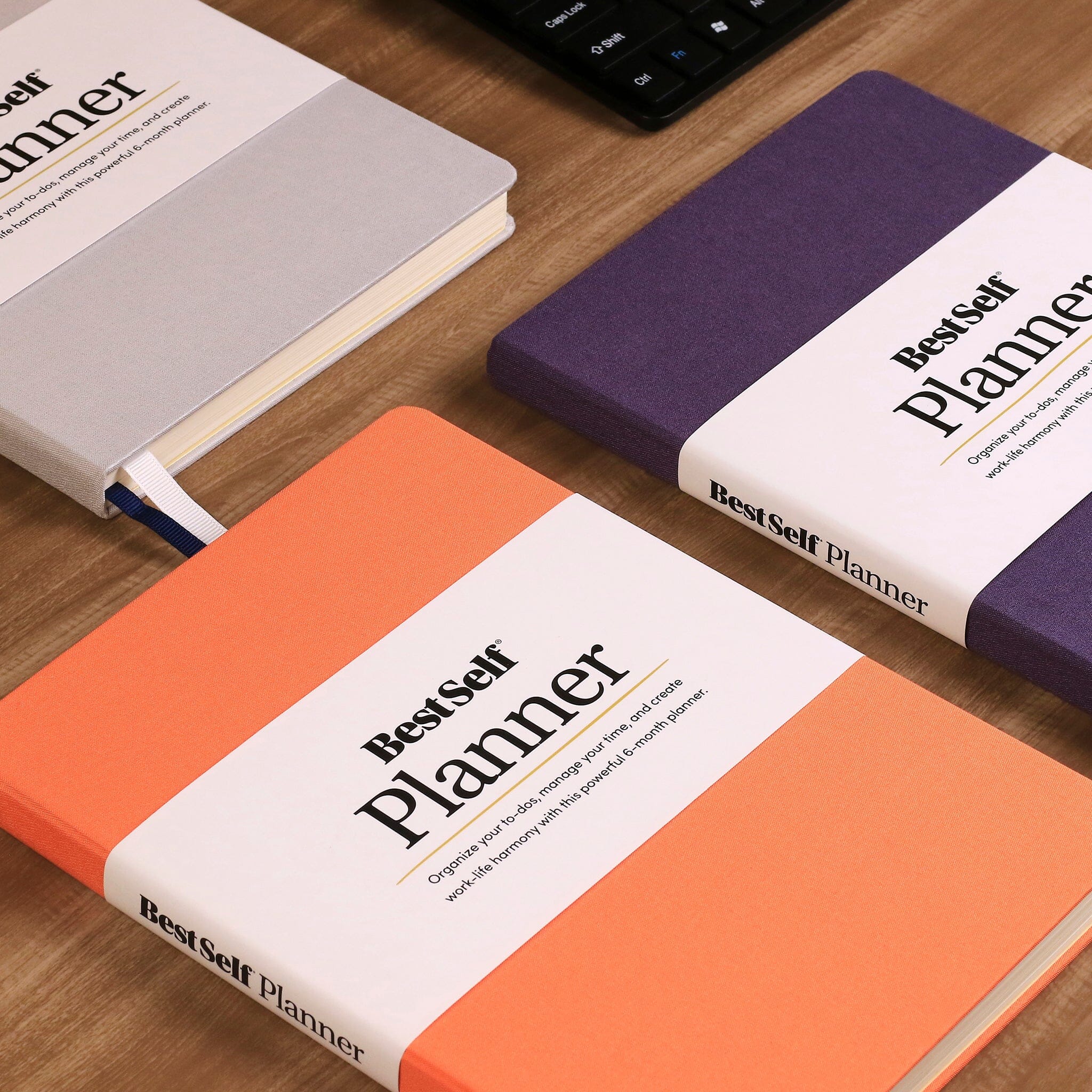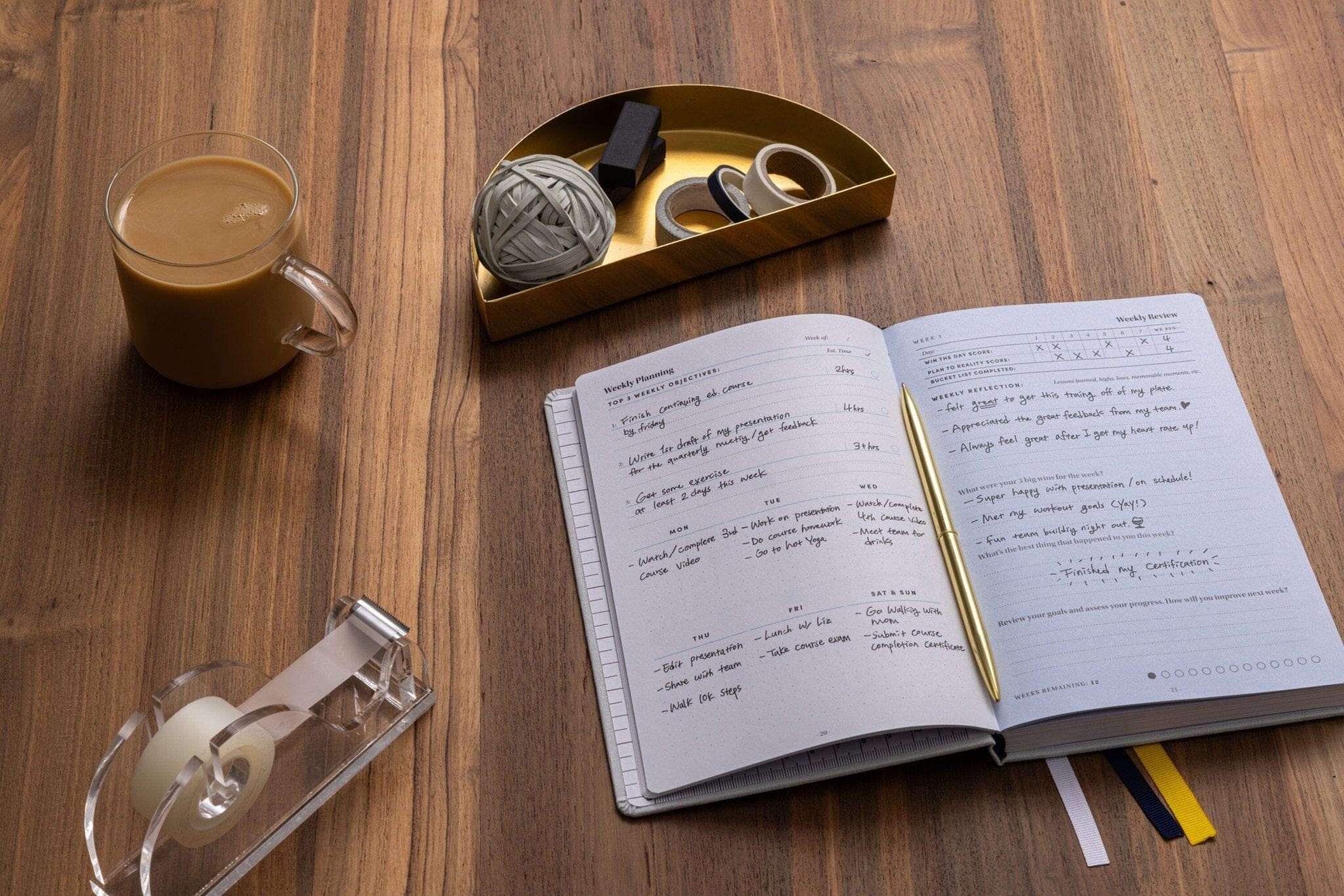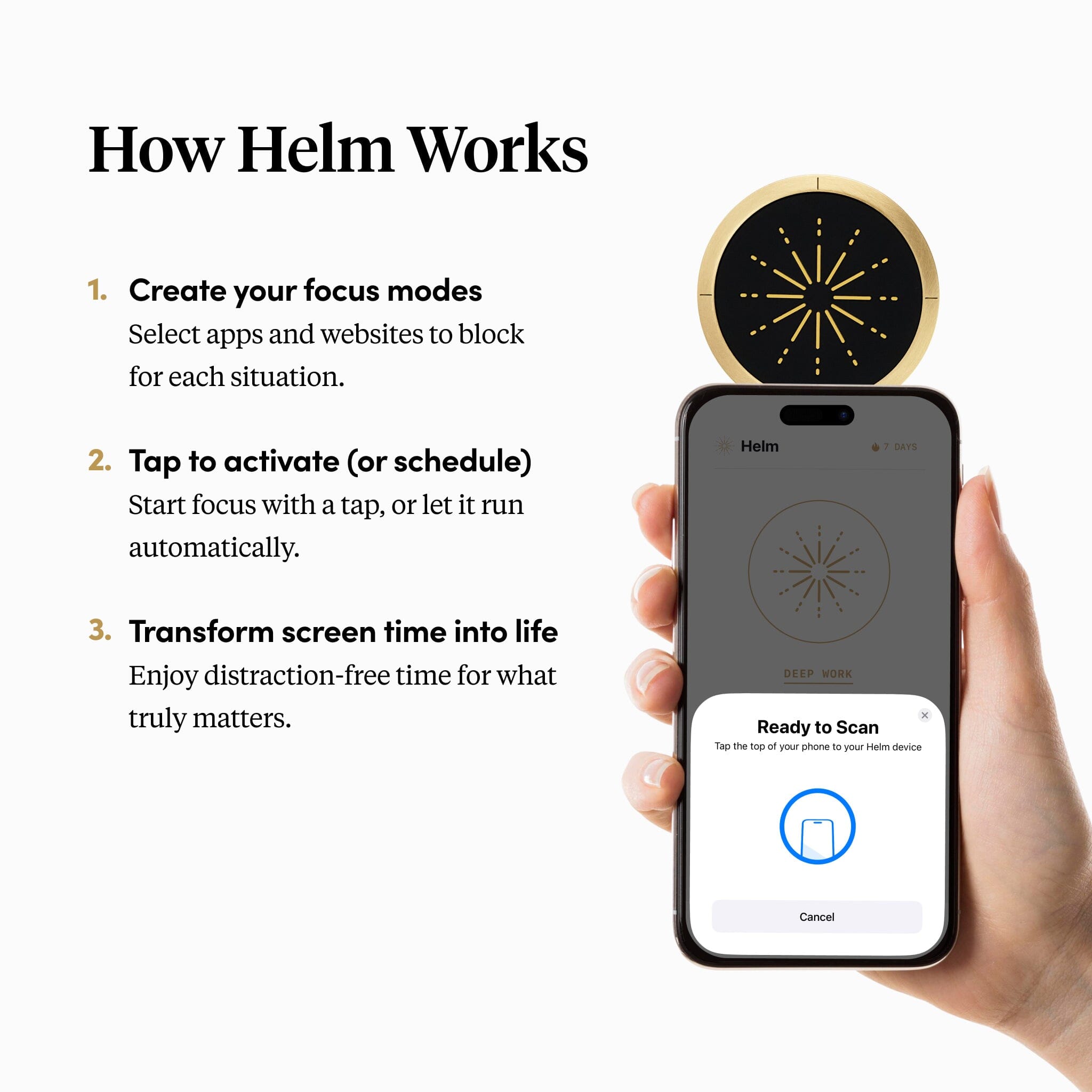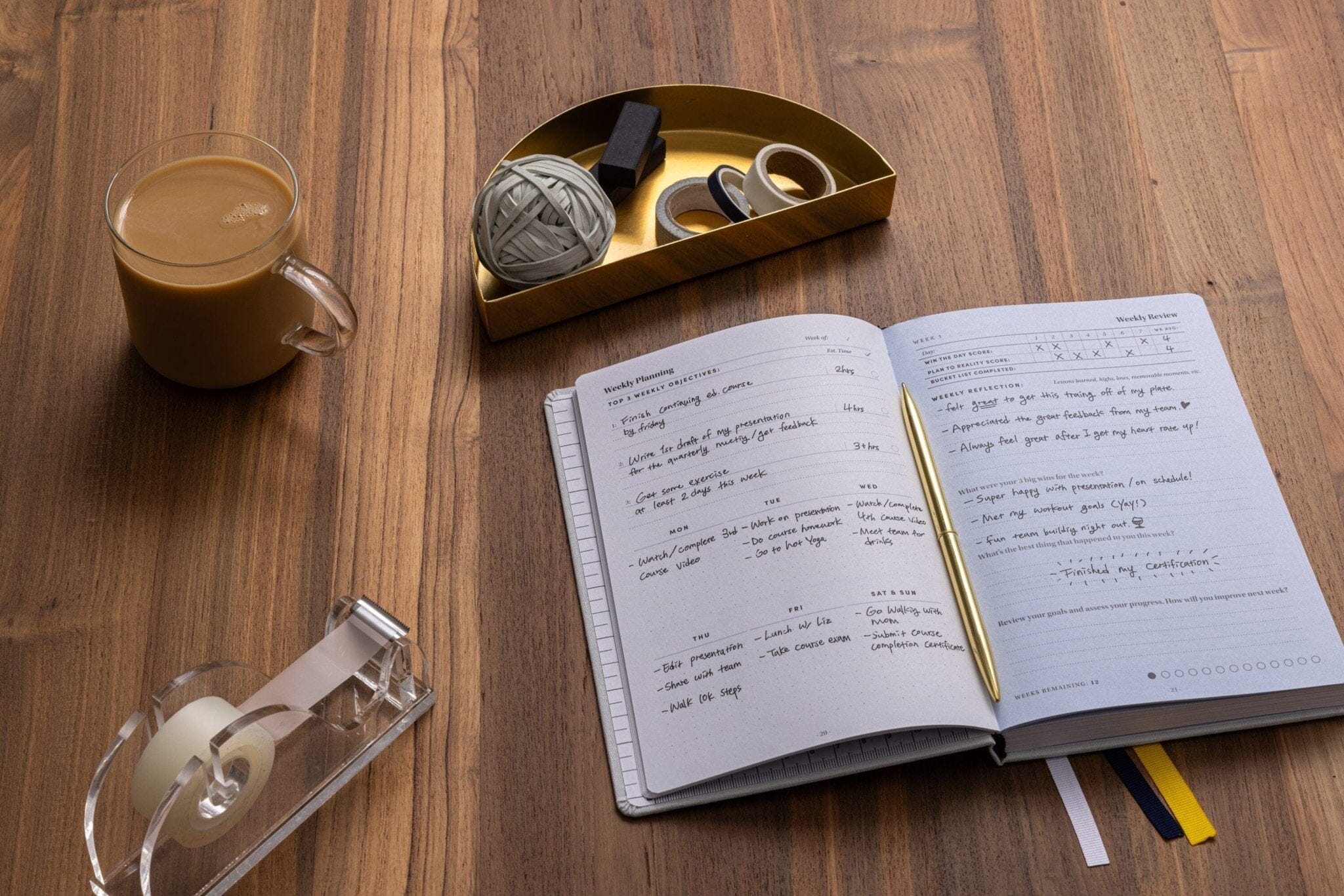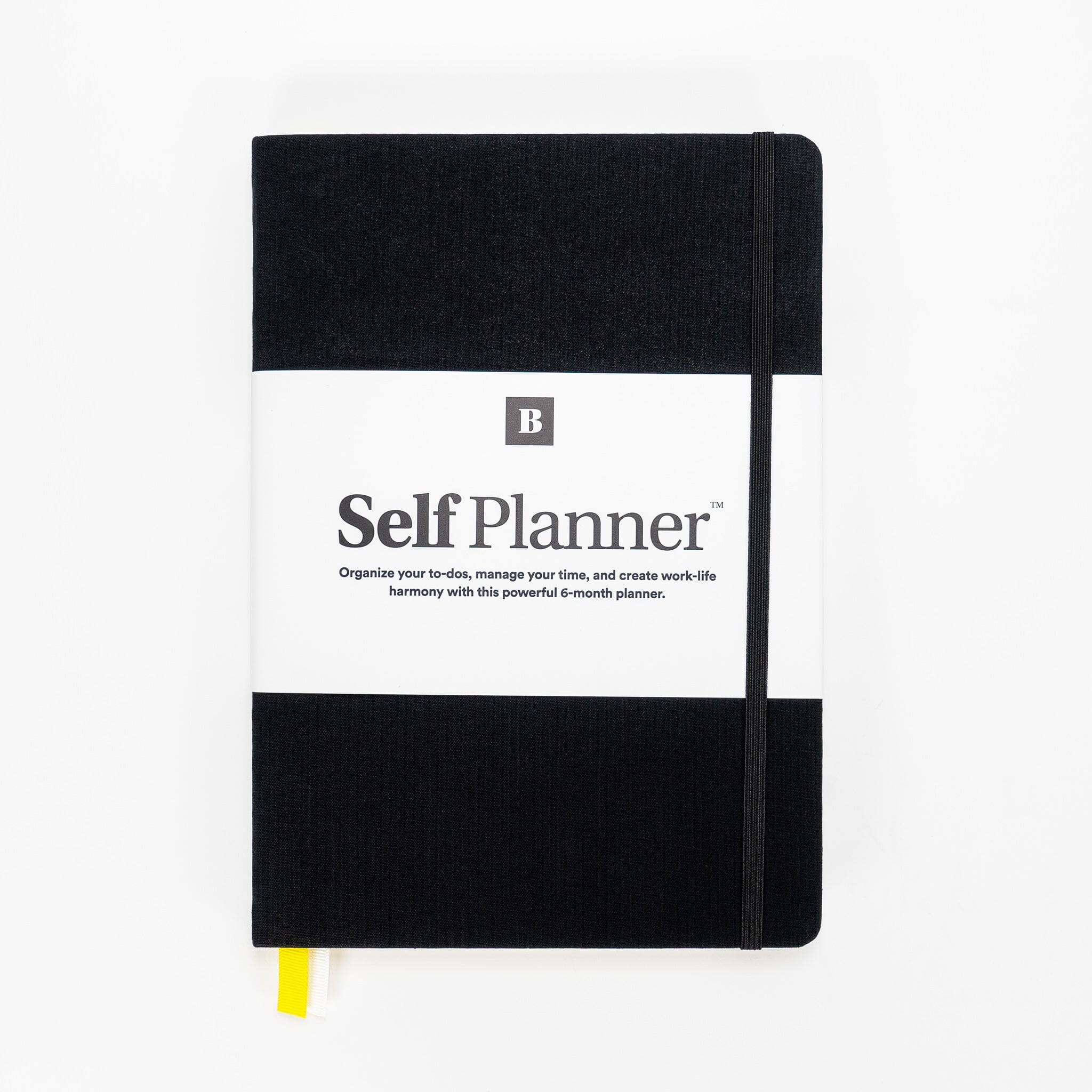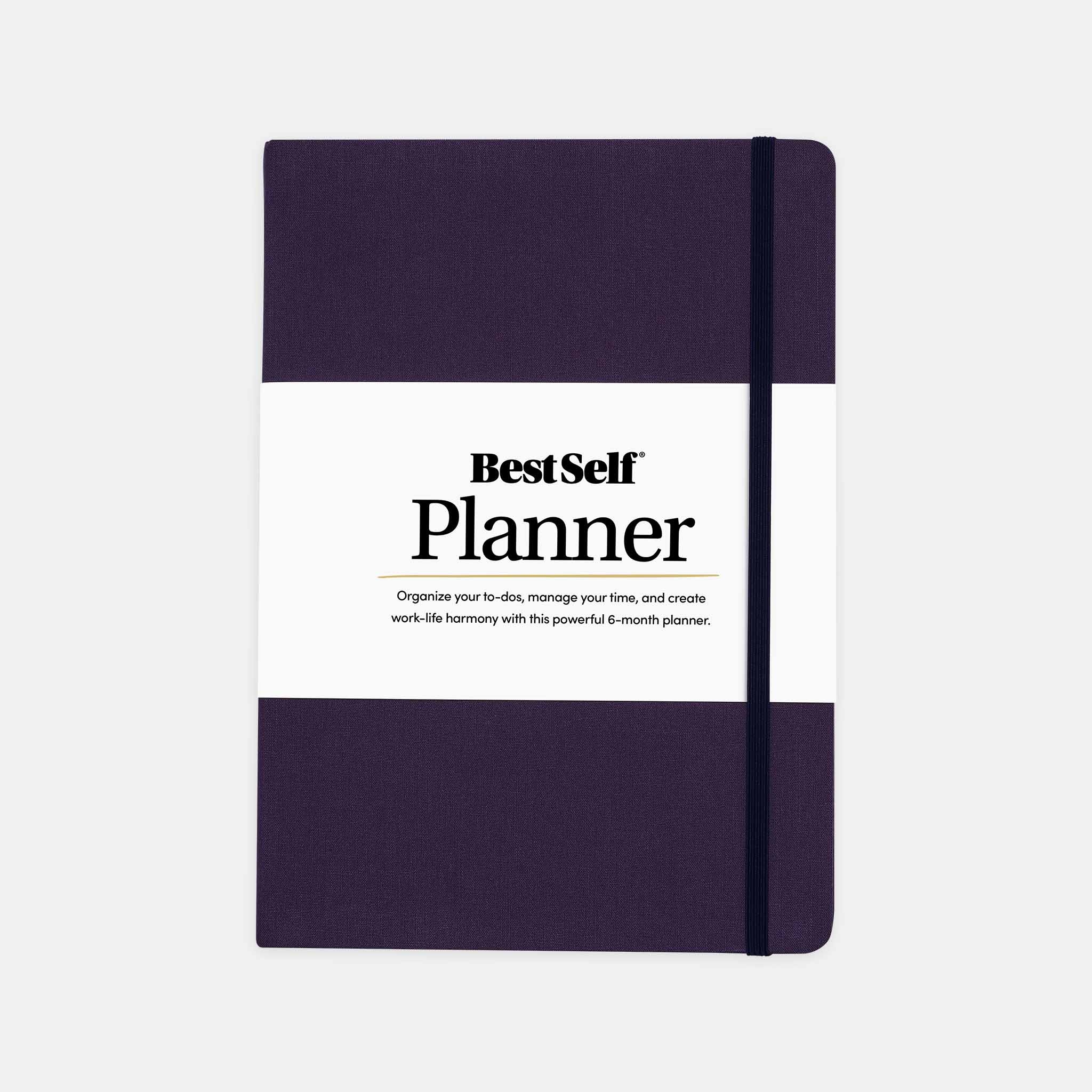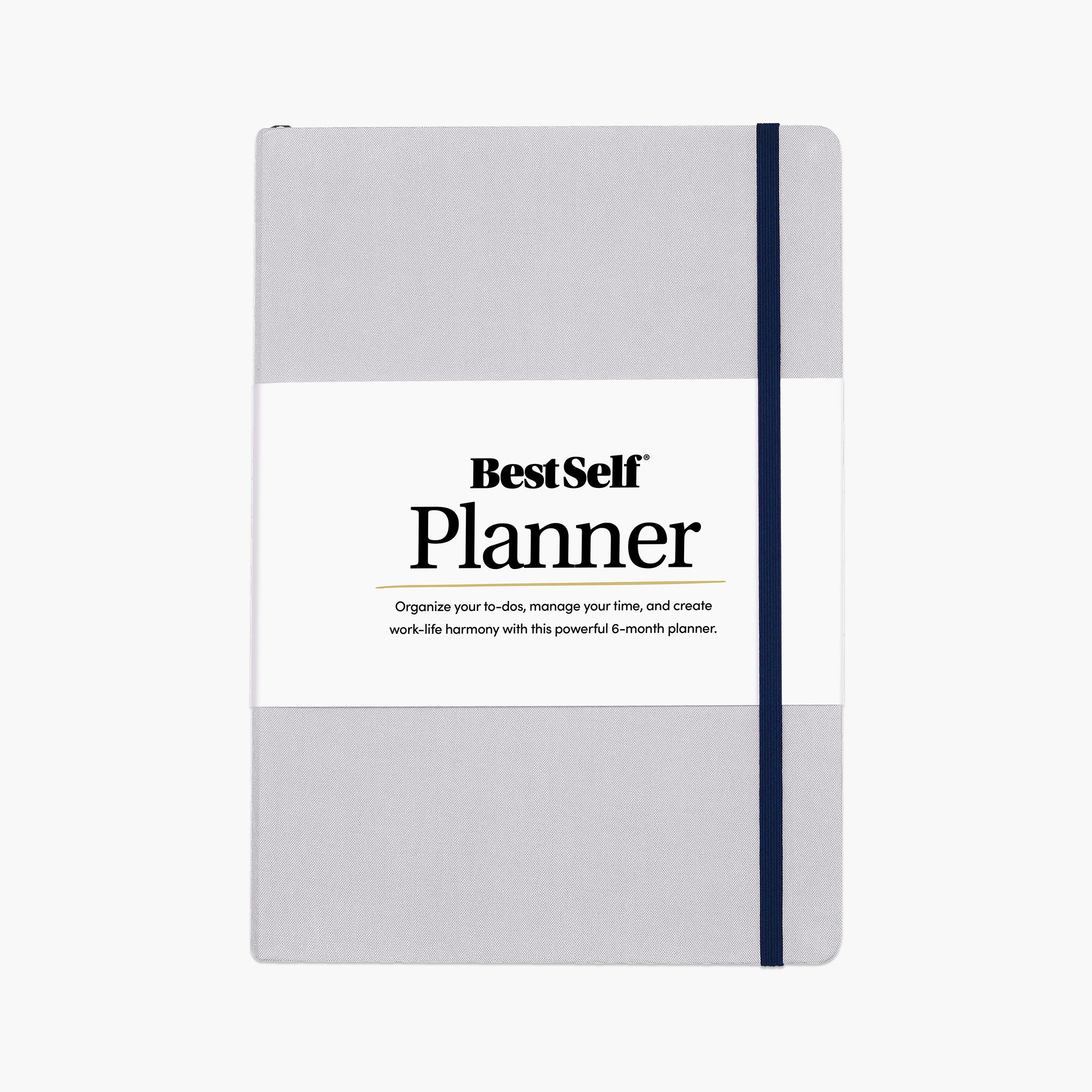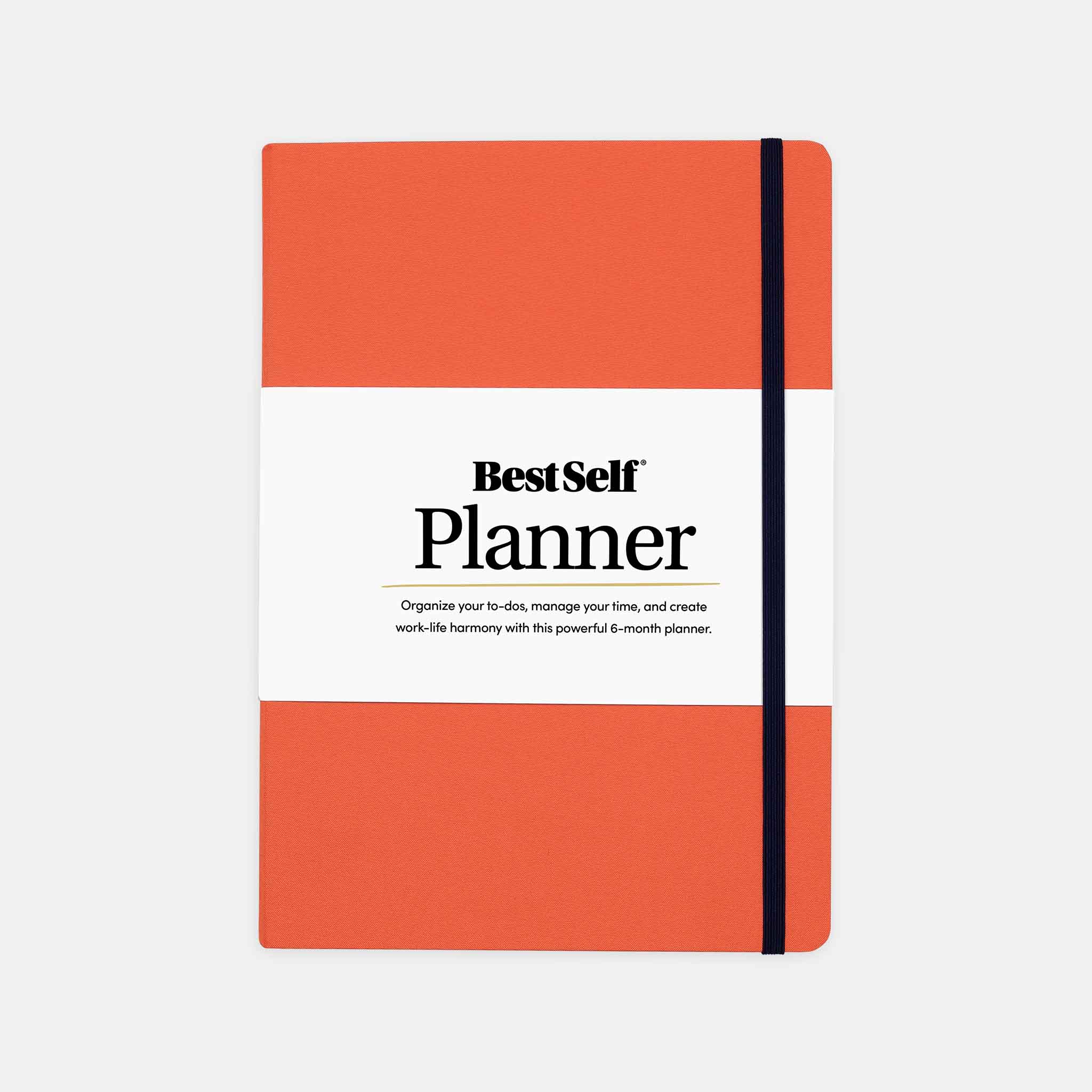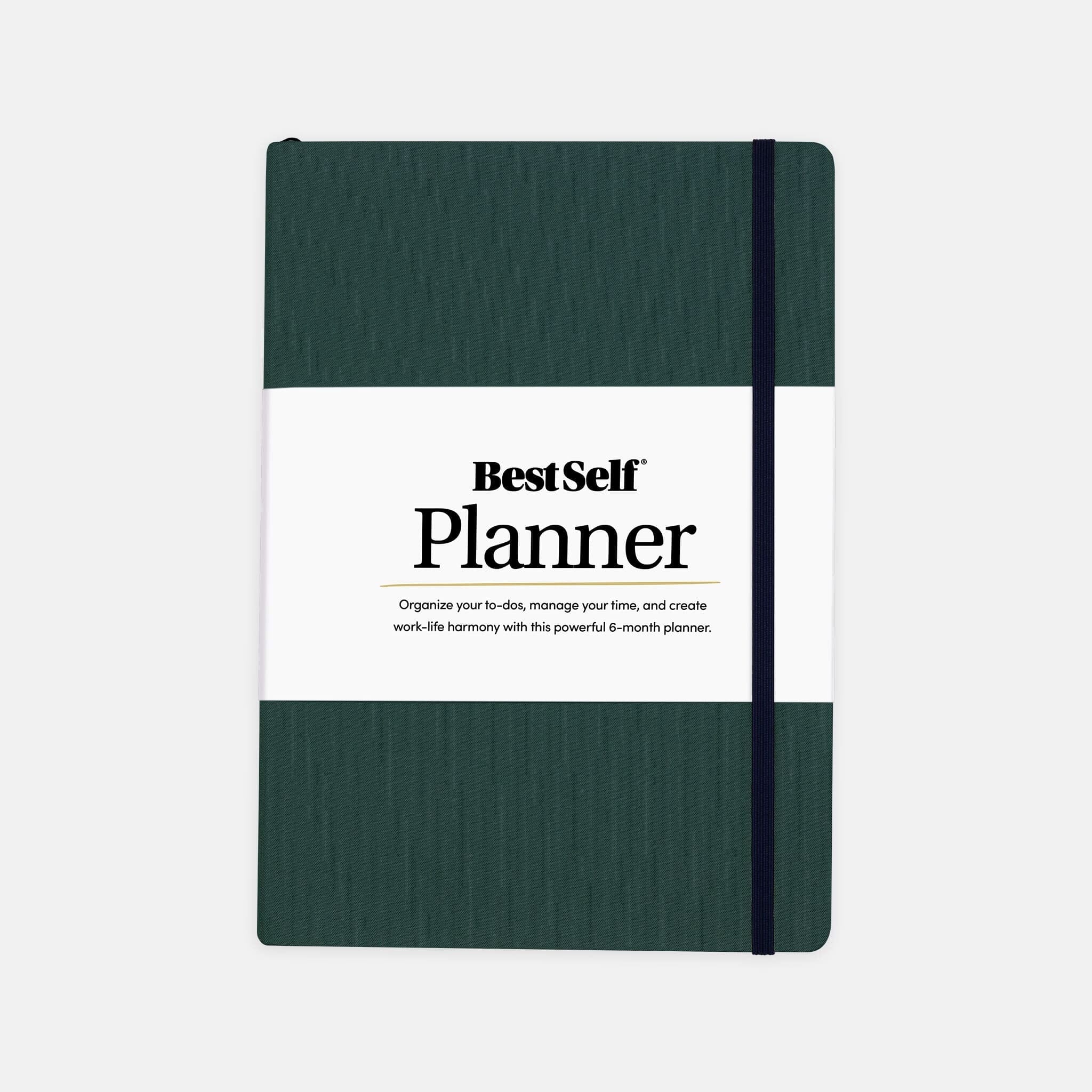Self-reflection reveals what we want most.
It's also a powerful accountability tool that identifies where we can improve. All it requires is a little quality time spent with yourself. In this post, you get everything you need to start a self-reflection habit in just two simple practices. They are even adjustable as time and your goals progress!
"Self-reflection is the school of wisdom."
- Baltasar Gracian
Practice One: Engage in Daily Active Questioning
A major challenge of a self-set goal is there's no one to hold us accountable. In the moment choice, we allow lenience and give ourselves a pass on doing what we know we should. After we allow this slip, we quickly become our own worst critic. We engage in harsh self-judgment, and it’s through this dark lens of failure that motivation dies.
How To:
Step 1: Create your list of questions.
Always start them with “Did I do my best to…” this focuses the effort of reflection on what you can control, yourself. Here’s a list of starter questions, feel free to adapt them to be more specific to your life and goals. Remember, there are no right or wrong questions, ask yourself what matters to you. Here are some examples Marshall gives you can use to start:
- set clear goals today?
- make progress towards my goals today?
- find meaning today?
- be happy today?
- build positive relationships today?
- be fully engaged today?
Step 2: Block in time at the end of your day to rate your efforts.
Wherever you can schedule a reminder, do it. This will keep you consistent by keeping the pressure on. Through the day you'll know answering these questions is coming. That inevitability will make your tasks harder to ignore.
Rate your efforts on a scale of 1-10: 1 being “You didn’t try at all’ - 10 being “You made every effort.” and reflect on your answers.
Step 3: Reflect on your answers and insights.
The meaning behind your ratings is going to be unique to you. Remember the point of the exercise isn't to judge yourself. Low scores aren't failures they are indicators of a place to improve. It could mean you simply need to find a way to buckle down on your dedication to the task. It could mean another task is taking priority over this one. On the other end, a high score doesn't mean there is nothing for you to improve. You could have made every effort and so rate high. But, you did not actually do what you planned because of a competing task.
Whatever the rating, it exposes roadblocks to work on.
Bonus: If there's someone you trust to ask you the questions, involve them! It will build your relationship and provide insight you might otherwise both miss!
Final Takeaways Active questions will lead to insights about what's important to you. This can mean the removal of plans or actions that are actively hurting you. Which can be difficult and even scary. Stand strong, be kind and honest with yourself. Stop letting detrimental habits overwhelm your mental and physical health!
Despite our best efforts, negative self-talk can creep in during this process. If it does, don't worry, Practice Two will help!
Practice Two: Walk the Self-Talk
Negative Self-Talk is a confidence-destroying habit. So easy to engage in because it's often an unintentional side effect of our most challenging efforts. It goes hand-in-hand with cyclical thinking; another crippling mental practice. Where associations with the worst aspects of the past connect to present situations. As our brains make these connections any feelings of resourcefulness vanish. When we engage in a cycle of negative self-talk, it reinforces the feelings of inadequacy. At best, this will sidetrack plans. At worst, it catapults us into bouts with anxiety and depression.
Walk the Self-Talk is a self-regulated practice to turn negative self-talk on its head! Transforming this potentially self-destructive habit into a trigger for a massive change!
Step 1: Pause, and take a moment to write the biggest challenges you’re facing at the top of a blank page.
Step 2: Write, all the negative self-talk you’re experiencing related to that challenge.
Step 3: Draw a line to separate the page, then write the title “The Truth Is...”.
Step 4: Address the truth for every line item of negative self-talk.
Step 5: Face, Allow, and Adapt to what's true.
- Face: If you know the item to be a false perception of who you are, write a retort to the negative talk.
- Allow: If you feel the negative talk is true, take a moment to forgive yourself, know that it’s ok you’re having this issue.
- Adapt: Now to address it, reflect on the line item and decide how you will change your actions so it’s no longer true.
After you’ve completed the exercise, display it or put it in a place where it’s accessible. Keep it at hand while you’re working through your challenge. Now that you know the talk is either outright false or you have a plan to address it. When negative self-talk hits again, refer to this little piece of paper. It can shield you from its destructive power!
Notes: You can perform this practice for more than one challenge at a time. If you do recognize tackling the biggest challenge first will get you furthest along.
Suggestion: If your confidence is too low, try to knock out the quickest and easiest things first. This gives you some momentum by racking up small wins. Use the confidence you get from tackling a few little things then jump to conquer the big ones!
When we have a stronger sense of self, we are better able to deal with the challenges that arise in our lives. Reflecting and building a plan to address challenges is a cornerstone of productivity and motivation. To achieve we must look inside, figure out what's in the way, and act to work past it.




